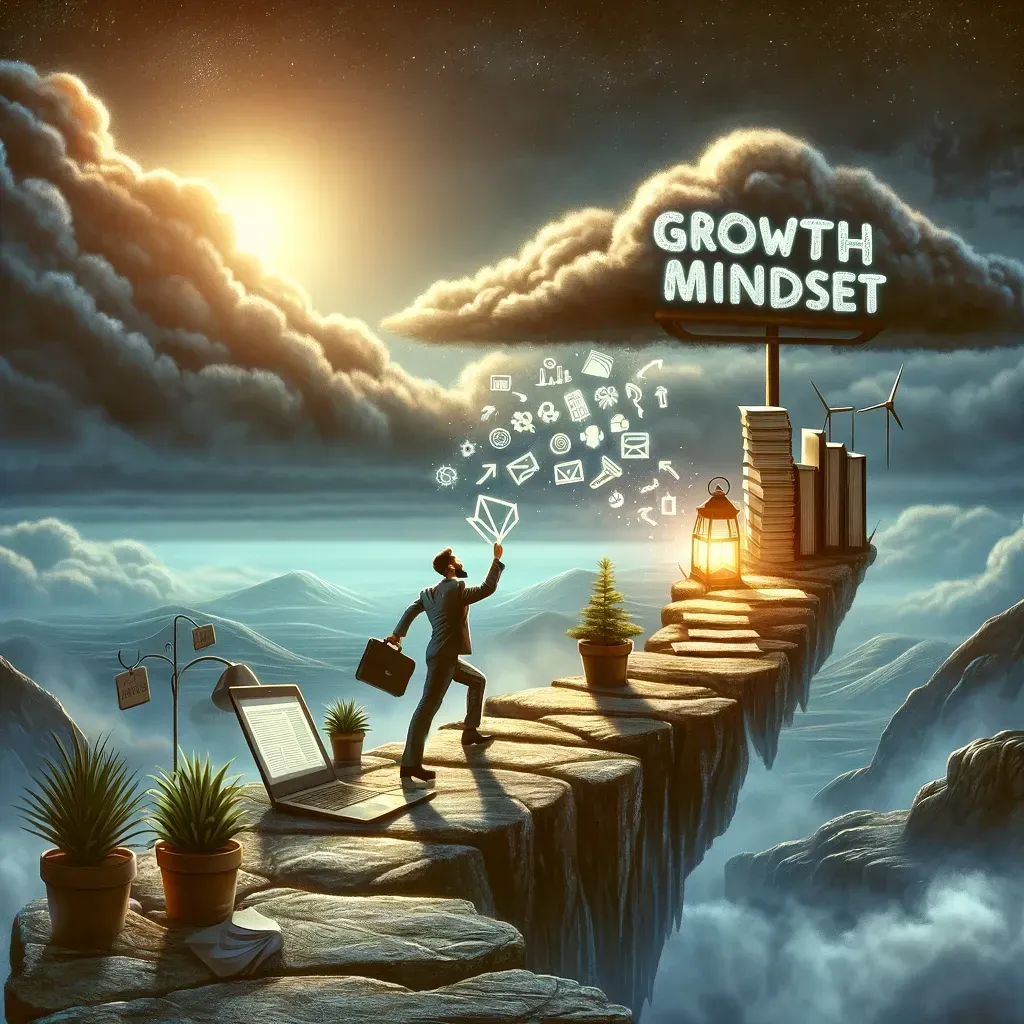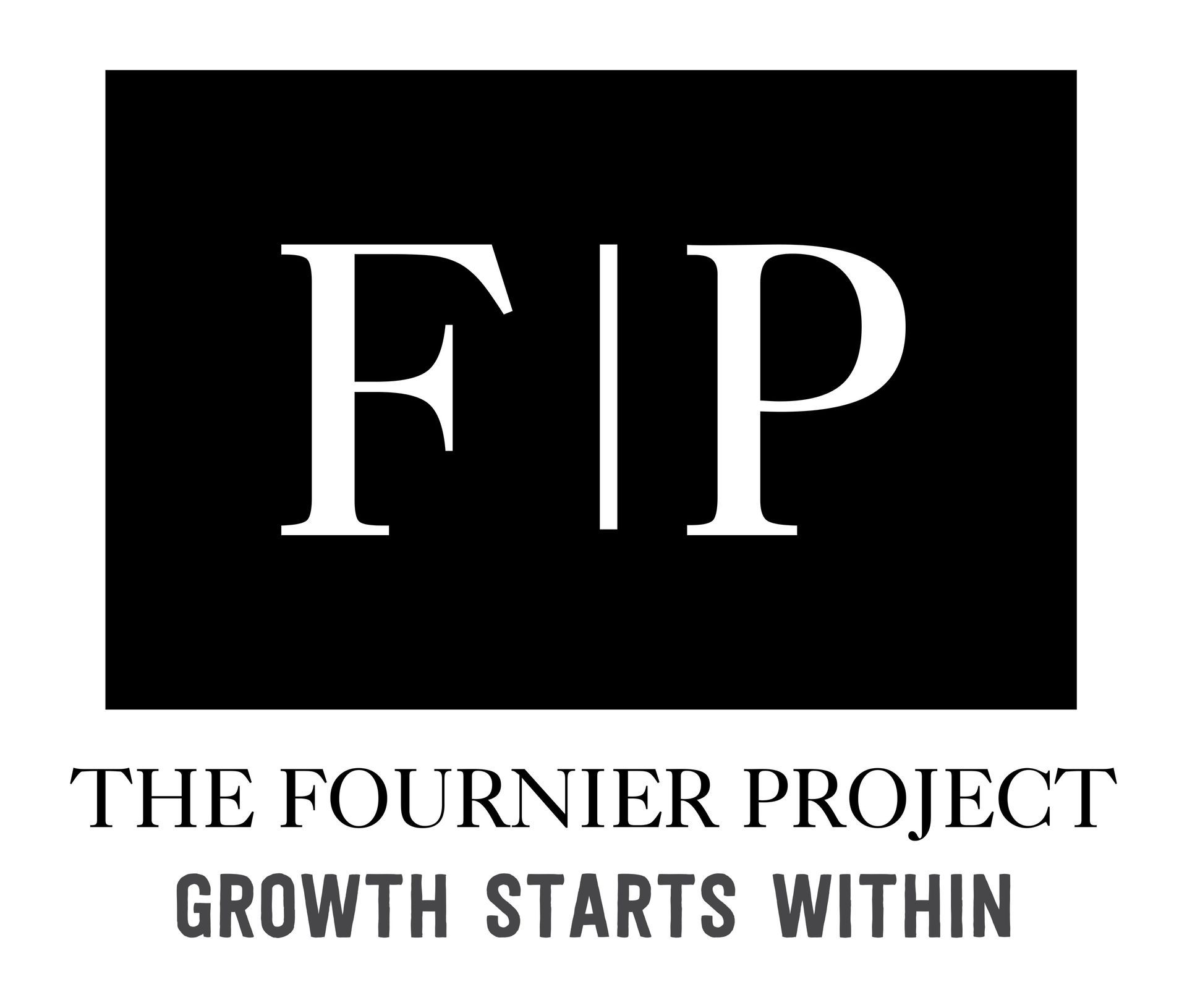The Wisdom of a Growth Mindset: Reframing Failure as a Learning Opportunity in the Workplace
Growth Mindset Is a Daily Practice

In the realm of Industrial/Organizational Psychology, we amalgamate a myriad of psychological tenets to propel organizational progress and efficacy. My commitment lies in unraveling the intricate dance between individuals and their professional habitats. One notion that commands unanimous acclaim within scholarly and corporate circles is the brainchild of Carol Dweck – the "Growth Mindset" theory.
Dweck's theory posits that those embracing a growth mindset believe in the malleability of their abilities and intellect through diligent effort, strategic acumen, unwavering perseverance, and collaborative input. It's a perspective that not only wields profound implications for personal evolution but also enacts a transformative influence on the professional arena.
The Paradigm Shift
Historically, failure in the workplace has been decried as an indictment of one's inadequacy or incompetence, an indelible blotch on one's record. However, adopting a growth mindset can catalyze a profound shift in our interpretation of failure. Instead of a cul-de-sac, failure becomes a valuable feedback loop—an illuminating experience shedding light on what doesn't work, paving the way for what might succeed in the future.
The Ripple Effect
When individuals within an organization embrace the growth mindset ethos, its reverberations ripple through the entire organizational culture. Failure ceases to be a source of trepidation and becomes an honored steppingstone to innovation. Risk-taking ascends to a place of celebration, and the term 'constructive criticism' transcends mere rhetoric to become a daily ritual. Moreover, employees find themselves more deeply engaged and committed as they perceive an environment that encourages stretching their capacities.
5 Practical Steps for Fostering a Growth Mindset:
- Foster Self-Compassion: Instead of chastising oneself in the face of failure, embrace imperfection as an intrinsic facet of the human experience.
- Embrace the Journey: Shift the focus from outcomes to the learning process. Celebrate minor victories and the wisdom accrued along the way. Attribute self-worth not to outcomes but to the effort expended in the process.
- Actively Seek Feedback: Instead of evading criticism, extend an invitation for it. Constructive criticism serves as a roadmap for your journey of improvement.
- Cultivate Curiosity: Embrace the inquisitiveness of a child. Pose questions, explore diverse avenues, and remain unafraid of failure in pursuing knowledge.
- Celebrate Failure: Paradoxically, celebrating failure as a learning opportunity extinguishes the stigma and fear associated with it. Analyze what worked and what led to failure and acknowledge the constructive aspect of knowing what to avoid in the future.
The Bigger Picture
Cultivating a growth mindset doesn't exclusively benefit individuals; it profoundly impacts an organization at the foundational level. Employees emerge as more adaptable, resilient, and collaborative contributors. They become deeply engrossed in their tasks and are inclined to proffer innovative solutions to challenges.
Adopting a growth mindset transmutes the concept of failure from a looming specter to an invigorating storm, nurturing the seeds of opportunity and innovation. In the corporate landscape, this isn't merely sagacious; it's revolutionary.
#GrowthMindset #IOPsychology #CarolDweck #LearningFromFailure #Innovation #EmployeeEngagement #ProfessionalDevelopment
TFP Blog







